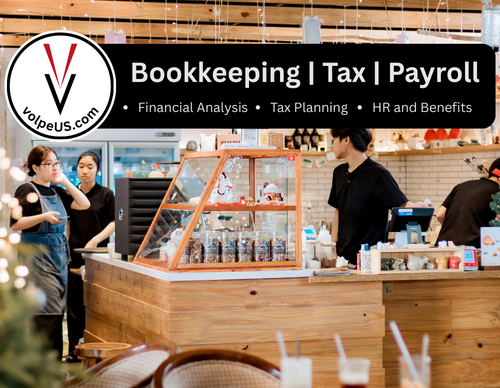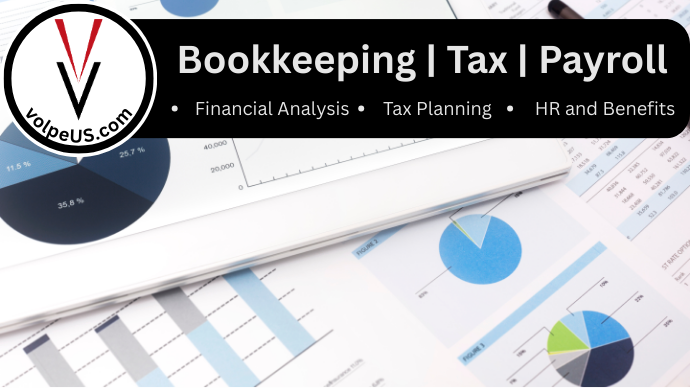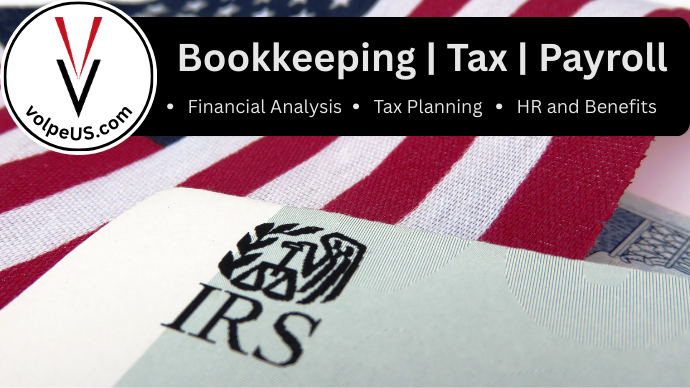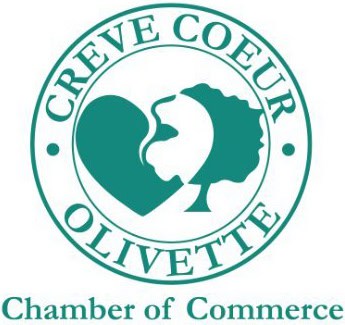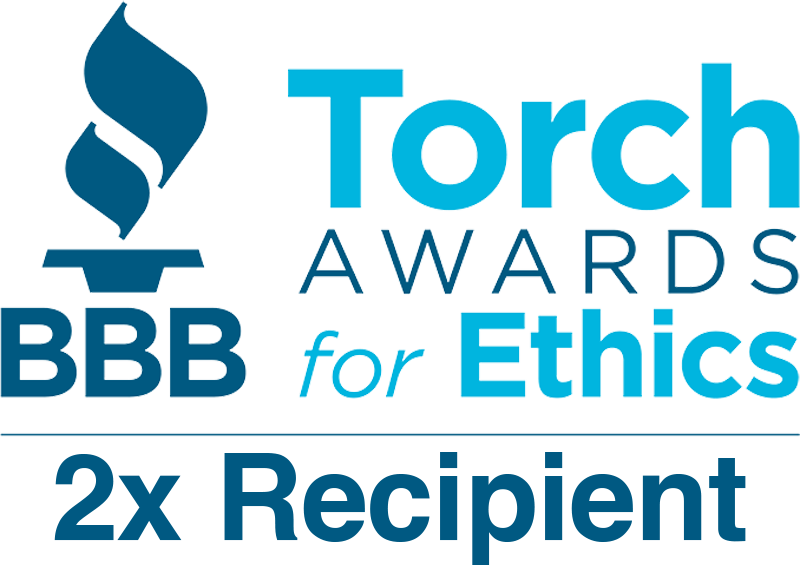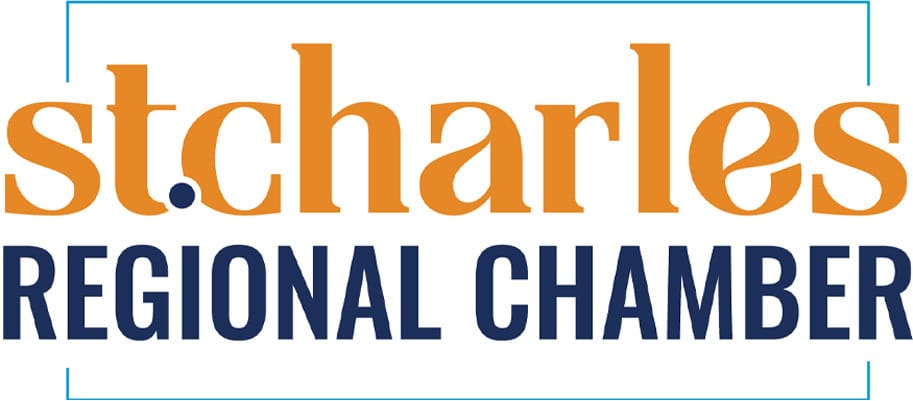Jump to a Specific Section
A Rundown of the Most Beneficial Tax Credits for SMEs
Running a small or medium enterprise comes with its own set of challenges, but maximizing your profits shouldn’t be one of them. With Small Business Tax Credits, you can unlock significant savings and invest more into scaling your accounting and taxes for Missouri’s small business.
Navigating the complex landscape of tax credits can be daunting, but it doesn’t have to be. This article aims to help you identify the best tax credits available for your small business. Small business and SME tax credits ensure that your enterprise takes full advantage of the available financial opportunities.
Some of the key benefits tax credits can provide your SME include:
- Boost Your Bottom Line: Reduce your tax liability and keep more of your hard-earned profits.
- Invest in Growth: Reinvest savings into your business to drive innovation and expansion.
- Stay Competitive: Leverage the best tax credits to stay ahead of the competition.
Tax Credits for Small and Medium Enterprises (SMEs)
As a small or medium enterprise (SME) owner, navigating the complex landscape of tax credits can significantly impact your bottom line. Tax credits can offer substantial savings by reducing the amount of tax owed. Unlike deductions, which lower taxable income, credits directly reduce the tax bill, making them particularly valuable. This article explores various tax credits available to SMEs and their owners, summarizing each credit and its intended purpose, and where to find more information on eligibility requirements.
Research and Development (R&D) Tax Credit
Purpose: The R&D tax credit is designed to incentivize businesses to invest in research and development activities within the United States. It encourages innovation and technological advancement by offsetting the costs associated with R&D projects.
Summary: This credit can be applied to wages, contract research expenses, and supplies used in the R&D process. Eligible activities include developing new products or processes, improving existing products or processes, and software development.
Eligibility Requirements: To qualify, businesses must demonstrate that their R&D activities meet specific criteria, including the presence of a technological component and the elimination of uncertainty through experimentation.
More Information: Detailed eligibility requirements can be found on the IRS website.

Work Opportunity Tax Credit (WOTC)
Purpose: The WOTC aims to encourage employers to hire individuals from specific target groups who face significant barriers to employment, such as veterans, ex-felons, and long-term unemployed individuals.
Summary: Employers can claim a credit of up to $9,600 per eligible employee. The amount of the credit depends on the employee’s target group, the wages paid, and the number of hours worked.
Eligibility Requirements: To qualify, employers must obtain certification that an individual is a member of a targeted group before claiming the credit. The certification is typically obtained from the state workforce agency.
More Information: For further details, visit the Department of Labor’s WOTC page.

Small Business Health Care Tax Credit
Purpose: This credit is intended to help small businesses afford the cost of providing health insurance to their employees. It aims to improve access to health care for employees of small businesses.
Summary: The credit is available to small businesses that offer health insurance and contribute at least 50% of the premium costs. The maximum credit is 50% of premiums paid for small business employers and 35% for small tax-exempt employers.
Eligibility Requirements: To qualify, businesses must have fewer than 25 full-time equivalent employees, pay average annual wages below a specified amount, and purchase coverage through the Small Business Health Options Program (SHOP) Marketplace.
More Information: More details can be found on the IRS Small Business Health Care Tax Credit page.

Disabled Access Credit
Purpose: The Disabled Access Credit encourages small businesses to make their facilities accessible to individuals with disabilities. It supports compliance with the Americans with Disabilities Act (ADA).
Summary: The credit is available for expenditures incurred to provide access to persons with disabilities. Eligible expenses include removing barriers, providing interpreters, and acquiring adaptive equipment.
Eligibility Requirements: The credit is available to businesses with gross receipts of $1 million or less or fewer than 30 full-time employees in the previous year.
More Information: Details are available on the IRS Disabled Access Credit page.

Credit for Employer-Provided Child Care Facilities and Services
Purpose: This credit encourages businesses to support their employees by providing child care facilities and services. It helps employers attract and retain talent by offering family-friendly benefits.
Summary: Employers can claim a credit of up to 25% of the expenses incurred in providing child care facilities and services, plus an additional 10% for child care resource and referral services.
Eligibility Requirements: To qualify, the child care facility must meet certain requirements, including being licensed and complying with applicable laws.
More Information: Additional information can be found on the IRS Employer-Provided Child Care Facilities and Services page.

Credit for Small Employer Pension Plan Startup Costs
Purpose: This credit is designed to assist small businesses in establishing pension plans for their employees, thereby promoting retirement savings.
Summary: The credit covers 50% of the startup costs incurred in creating or administering a new qualified employer plan, up to $5,000 per year for the first three years.
Eligibility Requirements: To qualify, the business must have 100 or fewer employees who received at least $5,000 in compensation in the preceding year and at least one plan participant who is a non-highly compensated employee.
More Information: Further details are available on the IRS Pension Plan Startup Cost Credit page.

Energy-Efficient Commercial Buildings Deduction
Purpose: This deduction encourages businesses to make energy-efficient improvements to their commercial buildings, contributing to environmental sustainability and cost savings.
Summary: Businesses can deduct the cost of energy-efficient building property placed in service during the tax year. The deduction is based on the energy-efficient property’s cost and the energy savings achieved.
Eligibility Requirements: To qualify, businesses must meet specific energy efficiency standards set by the Department of Energy and have the improvements certified.
More Information: Details are available on the Department of Energy’s Energy-Efficient Commercial Buildings Deduction page.

Need Help with Your Tax Credits?
Tax credits offer significant financial benefits to small and medium enterprises, encouraging practices that promote innovation, social responsibility, and sustainability. However, it’s important to note that not every business will automatically qualify for these credits. Eligibility depends on various factors, including the type of business, its activities, and compliance with specific requirements.
To ensure eligibility and maximize potential benefits, businesses should consult with a tax professional or visit the relevant government websites for detailed information. By understanding and leveraging these tax credits, SMEs can not only reduce their tax liability but also invest in growth and development opportunities that benefit both the business and its employees.



